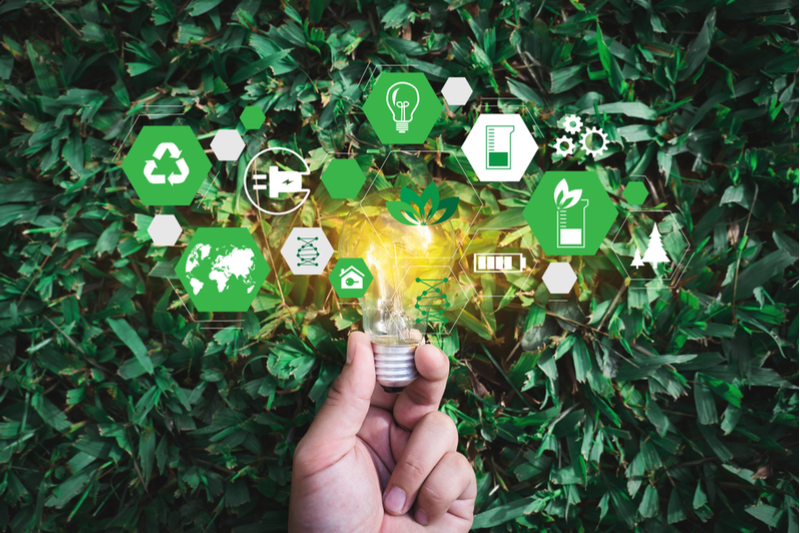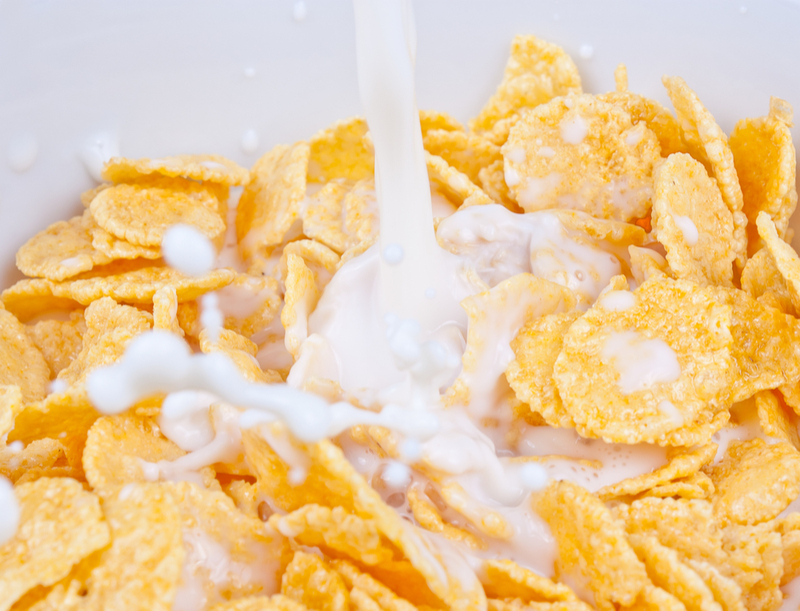The most influential environmental initiatives from businesses
At phs Wastekit, we care about protecting our planet. We also believe that when it comes to improving our overall sustainability and our environmental impact, this is best achieved when we work together. This can be in terms of getting your business’s customers and staff involved in your efforts to save the planet, or even working with or taking inspiration from other organisations.

Using other businesses (no matter how big or small) as reference for your own sustainability is a great way of seeing what works and what doesn’t. With this in mind, phs Wastekit has complied a list of the some of the most influential environmental initiatives that businesses have created. These companies are making a positive difference, so they’re perfect for you to start taking inspiration from!
Disney produces its own renewable energy
An increasing amount of the world’s biggest brands are now using renewable energy in their quest to reduce their environmental impact. One great example is the Walt Disney Company, who is committed to lowering its worldwide greenhouse gas emissions by 50% by 2020 compared to 2012. To help them achieve this, Disney installed 22 acres of solar panels in 2016, and these are shaped like a giant Mickey Mouse head. Located in their Epcot theme park in Florida, the panels power a number of its rides and attractions. Last year, the company also announced their new 270-acre solar facility, which will be 10 times larger and have enough energy to power two of their four theme parks.
Take inspiration from Disney; install your own solar panels to start using energy from the sun, or switch to an energy company that provides renewable gas and energy. On a smaller scale, you can also reduce your building’s energy usage by installing lighting systems that switch off automatically.

Oxford University awards sustainable students
The University of Oxford has its own Green Impact environmental initiative which encourages students and staff to improve their sustainability within their office, lab, department or college. Teams of peers and colleagues are required to work by ticking off particular actions from a checklist that reduces their environmental impact, and they will be presented with a gold, silver or bronze medal at the end of the year. In addition to this, Oxford university uses WARPit (Waste Action Reuse Portal) to help them reuse and recycle items such as office equipment, stationary and furniture.
We recommend setting your own recycling targets within your team or wider company, offering them an award as an incentive to reach this goal. This could be anything from a fully paid-for meal, night or other team event, a cash bonus, or even an extra day of annual leave!
Albert Heijn introduces in-store herb garden
There has been a considerable rise in the number of ‘zero-waste’ supermarkets and shops popping up across the UK and the wider world. Although these are having a great impact on reducing plastic waste due to the lack of packaging they offer, Albert Heijn, a Swedish supermarket chain, went a step further. In 2017, they introduced in-store herb gardens (which are grown off-site) so that their customers could cut off as many sprigs of the herbs they need. This reduces waste by minimising the amount of unused herbs being thrown away, as well as the volume of pre-packaged sprigs being sold.
Smaller retailers can take inspiration from zero-packaging by gradually stocking loose fruit, vegetables, nuts and seeds and encouraging their customers to bring in their own bags or containers to take them home with them. Offices of all sizes can also do their bit by buying the content of their fruit bowl from a zero-waste shop. There are plenty to be found in the UK!
Kellogg’s takes the lead on recyclable packaging

Kellogg’s has a host of guidelines set by their Chief Sustainability Officer and Board of Directors’ Social Responsibility Committee to ensure the business is as kind to the environment as possible. One of the ways they do this is by focusing on recyclable packaging. Since they produced their first cereal packet over 100 years ago, they have been ensuring that these are constructed from recyclable materials. In fact, they are made from 100% recycled cartonboard today. However, Kellogg’s isn’t the only company to make the move towards eco-friendly packaging; Aldi has pledged to use recyclable packaging for all its own-label products by 2020.
Every retailer should be making the move towards using providing recyclable packaging. Provide a gift-wrapping service or offer plastic bags for your customers to carry their shopping in? Consider switching these with recyclable or bio-degradable alternatives.
At phs Wastekit, we offer a range of waste balers and compactors to help you reduce your business’s waste costs and lower its environmental impact. Contact us to find out more about how we can help you.